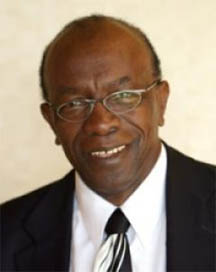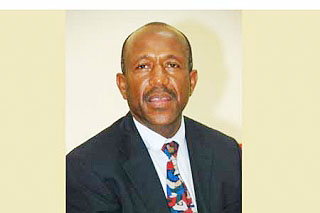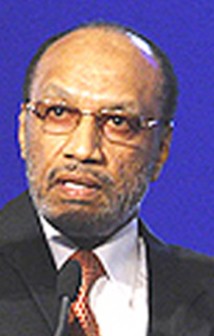It might be the biggest news about football at the moment as investigators unearth massive corruption and match-fixing which has threatened the integrity of the sport ahead of the 2014 FIFA World Cup finals in neighbouring Brazil.
Reports state that some 680 matches, including World Cup and European Championship qualifiers and two Champions League games had been fixed.
The investigators also found 380 suspicious matches in Europe and another 300 questionable games outside the continent, mainly in Africa, Asia and close to home in South and Central America.


China also has its match-fixing and corruption crisis as the Chinese Football Federation banned 33 officials and players for life including two former heads of the organisation while clubs were fined.
The CFA said the action followed three years of investigation to clean up football in China and this has affected the country’s biggest club, Shanghai Shenhua which has been stripped of their 2003 league title, has lost six points in the current league and fined £100,000.
This is a major threat to the integrity of football internationally and according to reports the extent of the match-fixing may be greater than the numbers revealed by Europol and investigators in the developed world.
The gambling syndicates have made a stranglehold on the world’s most popular sport and it would take a herculean task to stem the tide of corruption as players, clubs officials, referees have all fallen victims to the corruption.
Match-fixing determines the outcome of matches and it allows international gambling rings and criminal networks to garner millions of dollars which is laundered.
Although Europe and China have the financial and technical resources to tackle the corruption yet it is wide spread.

The clutches of the international gambling networks are everywhere but is Guyana and the wider Caribbean equipped to tackle match-fixing and the corruption that goes with it?
The region is now on the international radar and (CONCACAF), the Confederation of North, Central American and Caribbean Association Football says is prepared to act.
Allegations of corruption in football is not new in this part of the world as Caribbean football officials have been fingered in the past for infractions related to personal enrichment and inducements the most recent being the cash-for-vote scandal that rocked the Caribbean Football Union (CFU) just over two years ago.
This sandal forced the resignation of FIFA Vice President Trinidadian Austin “Jack” Warner who had served at the helm of the CFU and CONCACAF for many years.
Several regional footballers were suspended and fined including Guyana Football Federation (GFF) President Colin Klass over the debacle that transpired in Trinidad and Tobago where it was alleged that they were offered $US 40,000 each to vote for Asia Football Federation President Mohamed Bin Hammam who was the lone challenger to incumbent FIFA President Sepp Blatter at the FIFA’s last Congress.
CONCACAF last week issued a statement about its planned role to curb match-manipulation ahead of the Gold Cup indicating that it’s a top priority for the organisation.
“We are in the process of establishing all the necessary preventative measures to ensure the legitimacy of every match played in all of our tournaments, including the upcoming Gold Cup (July 7th-28th, 2013),” the statement said.
CONCACAF said it will be working closely with INTERPOL and Sports Radar (a company established to monitor matches and safeguard the integrity of football) in its fight to tackle match-manipulation and corruption.
There have been whispers about match-fixing in Guyana, a term that is called “selling out” but it is hard to determine whether these allegations are true.
Gambling at matches especially high-stake tournaments locally are popular here so mechanism must be put in place urgently to curb or stop these practices as well.
Guyana is one of CONCACAF’s 40 members and will be covered during international matches but what about locally played matches?
The GFF and other key stakeholders including the legislature, Guyana Police Force and the Guyana Revenue Authority must act because the threat is real.





